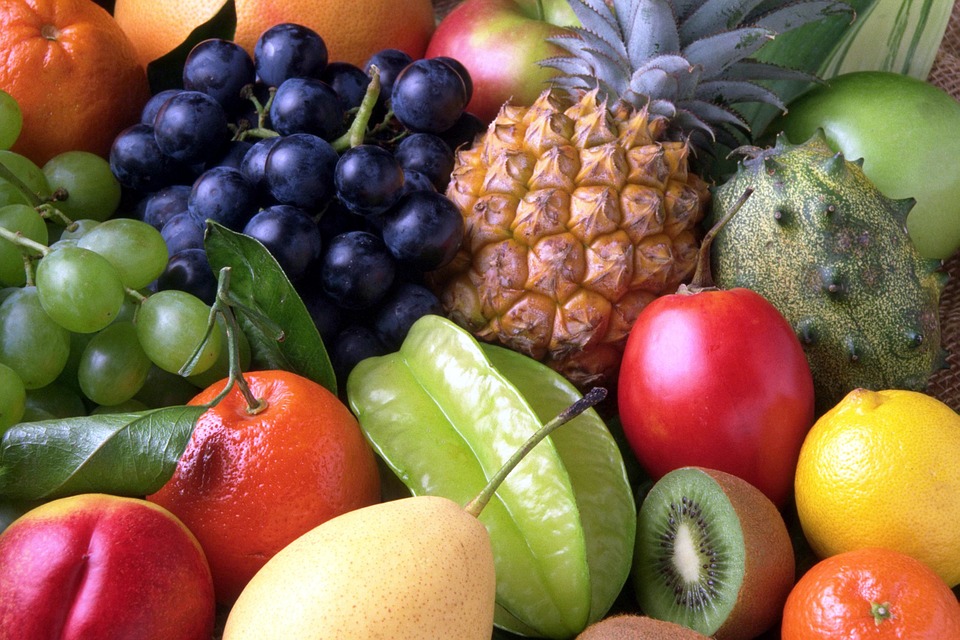Eat One Serving of Fruits Daily and Notice the Benefits
A study published in 2012, in The Global Burden Disease Study, analyzed the causes of death in 50 countries, involving over 300 institutions and almost 500 researchers.

In most of the countries, the number one killer is our diet, especially not eating enough fruits. The lack of fruits in diets is causing almost 4.9 million deaths annually in the world. What scientists say is that if people would eat at least one portion of fruits and/or vegetables per day, they could save their lives.
But why are fruits and vegetable vital for the human body? One of the main reasons is because they fight platelets, which are responsible for the formation of blood clots that cause strokes and heart attacks. Platelets also cause inflammation which plays an important role in allergies, the hardening of the arteries, cancer, and rheumatoid arthritis.
When the person is healthy, platelets are in an inactive state, but once they are activated, they can release inflammatory chemicals, which affect the inflammatory cells, forming pus bags in the arterial walls. In the end, they can burst, leading to death.
Contents
Can fruits prevent this situation?
Platelet hyperreactivity has been associated with increased levels of cholesterol. To counteract their activity, you should not only increase your vegetable and fruit intake, but you should also cut on saturated fats and dietary cholesterol. The studies have shown that by adding strawberries to your diet, you could decrease the amount of activated platelets in your body.
Aspirin can also reduce the risk of strokes and heart attacks, but unfortunately, it may also cause bleeding problems and severe gastrointestinal disturbances. Again, the fruits come to our help. Some of the fruits that contain natural aspirin are apples, blueberries, cherries, figs, dates, grapefruit, kiwi, grapes, peaches, plums, raspberries and strawberries.
How many fruits and vegetables should you eat every day?
According to specialists, you should eat at least one serving a day. For an adult, a serving means 80g and for the best results, you should eat five portions a day, which means 400g. Whether you eat them on their own or by adding them to soups, salads, pasta meals or stews, fruits and vegetable should not be missing from your diet. You should remember that raw vegetables and fruit will contain the most nutrients while the cooking process can remove some nutrients.
Fruits contain nutrients that are vital for our health. The potassium in fruits reduces the risk of stroke, heart disease and developing kidney stones. It also decreases bone loss as we age. Folic acid helps the body create red blood cells and prevent neural tube birth defects. The fiber keeps your digestive system healthy, and the minerals and vitamins will keep you healthy and energized.
Fruits and vegetable are tasty and are a great part of any dish, giving it flavor, color, and healthy nutrients. Try adding more of them to your daily diet and you will feel their benefits upon your body and overall health.



